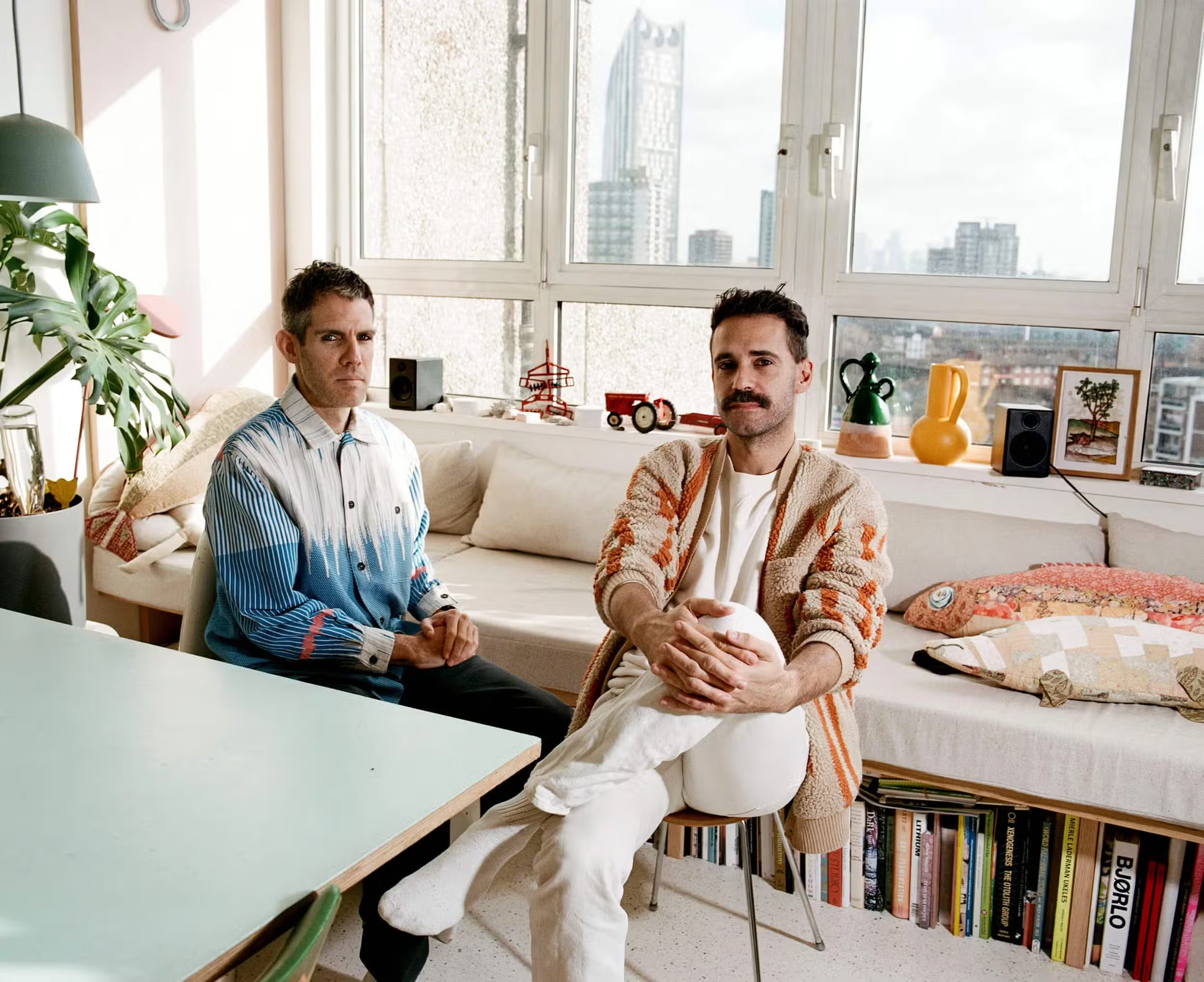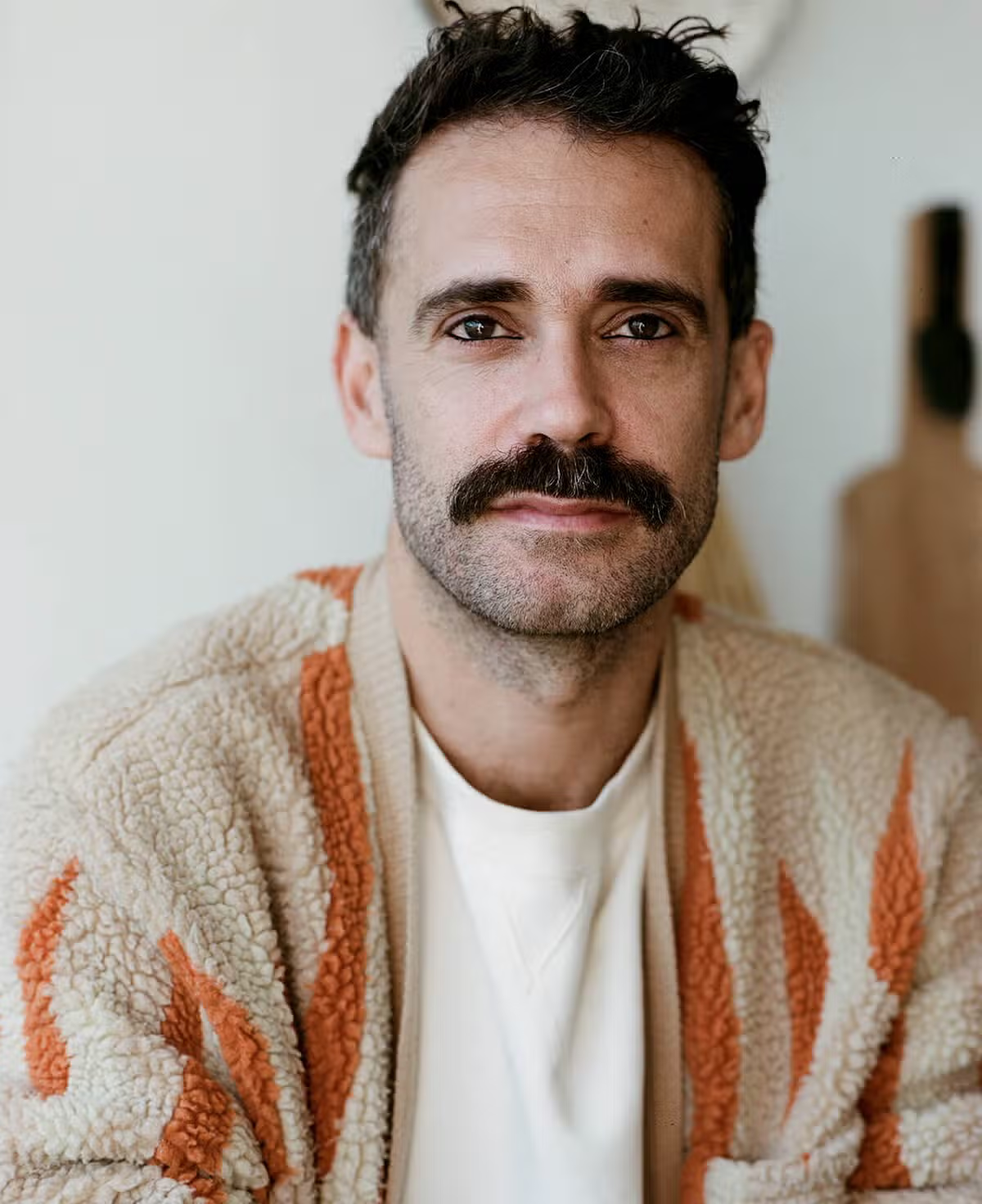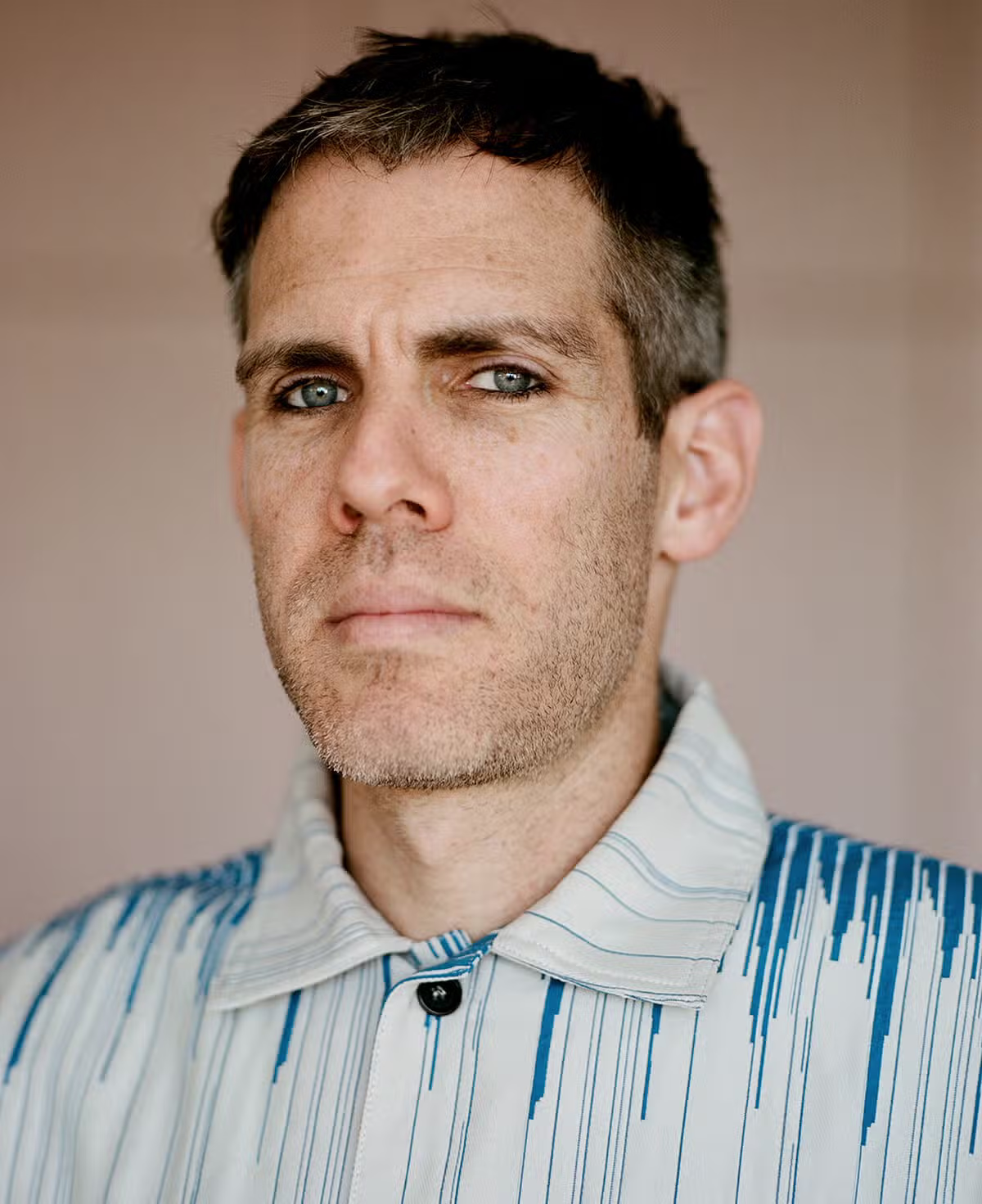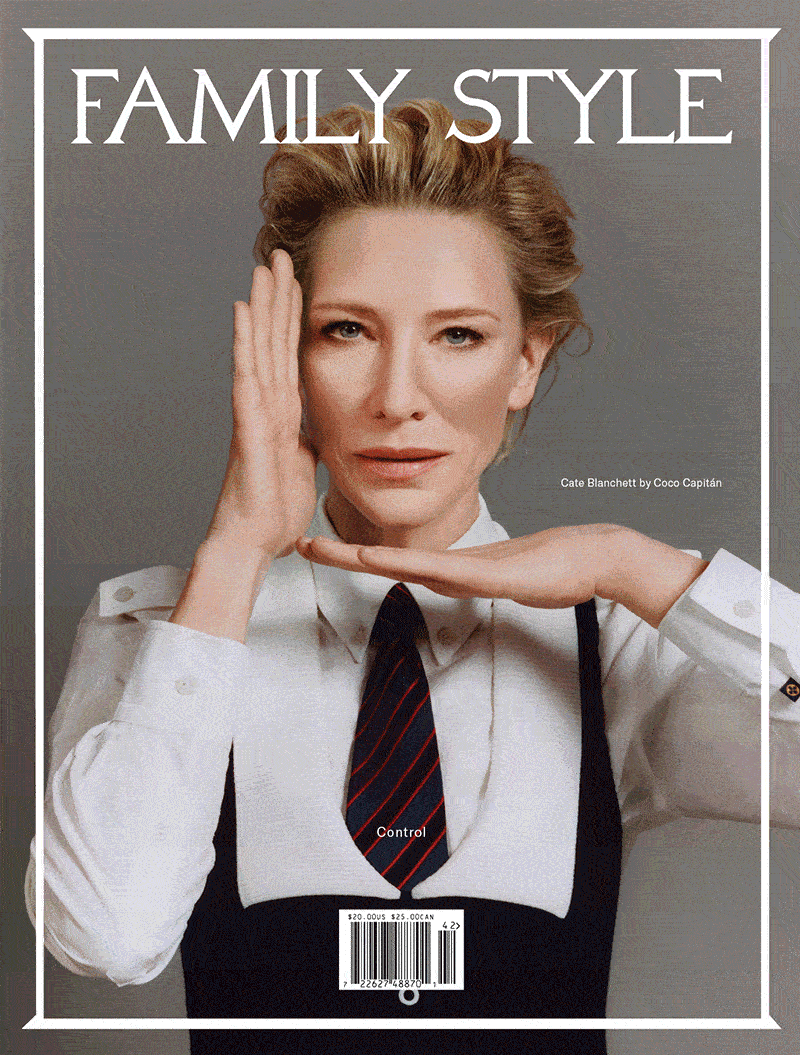I met Alon Schwabe and Daniel Fernández Pascual, collectively known as Cooking Sections, over a deliciously oily plate of caponata on the backstreets of Palermo, Italy, in 2018. The couple had just finished building barriers around citrus trees throughout the city from disused construction materials as part of their contribution to the 12th edition of Manifesta, the European art biennial. The artists hoped their contribution would help the trees thrive in the hot, dry climate and become a permanent fixture. It was their first major public project, and they seemed to be thriving.
Schwabe and Fernández Pascual honed a data-driven approach to making art at the Centre for Research Architecture at Goldsmiths, University of London, where their romance kindled while they worked analyzing the impacts of climate change on Kivalina, a tiny Alaskan island. They debuted as Cooking Sections in 2013 at London’s Delfina Foundation with a “Christmas pudding performance” that examined the colonial roots of ingredients in the British yuletide staple, from Jamaican sugar to cloves from Zanzibar. As Schwabe puts it, “Food became a productive methodology for us to look at landscapes in transformation.”
One recurrent landscape type in their work is where water is scarce. In 2019, the artists reprised their research in Palermo for Becoming Xerophile, part of the Sharjah Architecture Triennial in the United Arab Emirates. There, concrete rubble from a nearby renovation project was used to create bowled “microclimates” for non-irrigated plants, imagining a sustainable desert garden in a bone-dry future. “When you go to a supermarket in a big city, you’re confronted by the same things all year round, but there are human-made seasons that are essential for us to think about: periods of drought, polluted oceans, wetland disappearance,” Fernández Pascual tells me. In recent years, the artists have developed a series of projects and an international conference that they term “climavore,” imagining new ways to cultivate and consume food that benefit, rather than harm, the warming climate. Mussel Beach, a 2019 installation near the famous outdoor Muscle Beach gym in Los Angeles, included tile sculptures made from the discarded shells of mussels, mollusks that can filter out the toxins from water in polluted marine environments like Santa Monica Bay.
In 2021, Cooking Sections were nominated for the Turner Prize, one of Britain’s highest honors in the arts. In response, Schwabe and Fernández Pascual invited many of the U.K.’s art museums to the climavore table by asking them to remove farmed salmon from their restaurant menus. “We were thinking about the agency of an institution to change dietary options,” says Schwabe. As the natural world continues to change, Cooking Sections hope they can get our culture—on an individual and institutional level—to change with it, too.











.avif)

